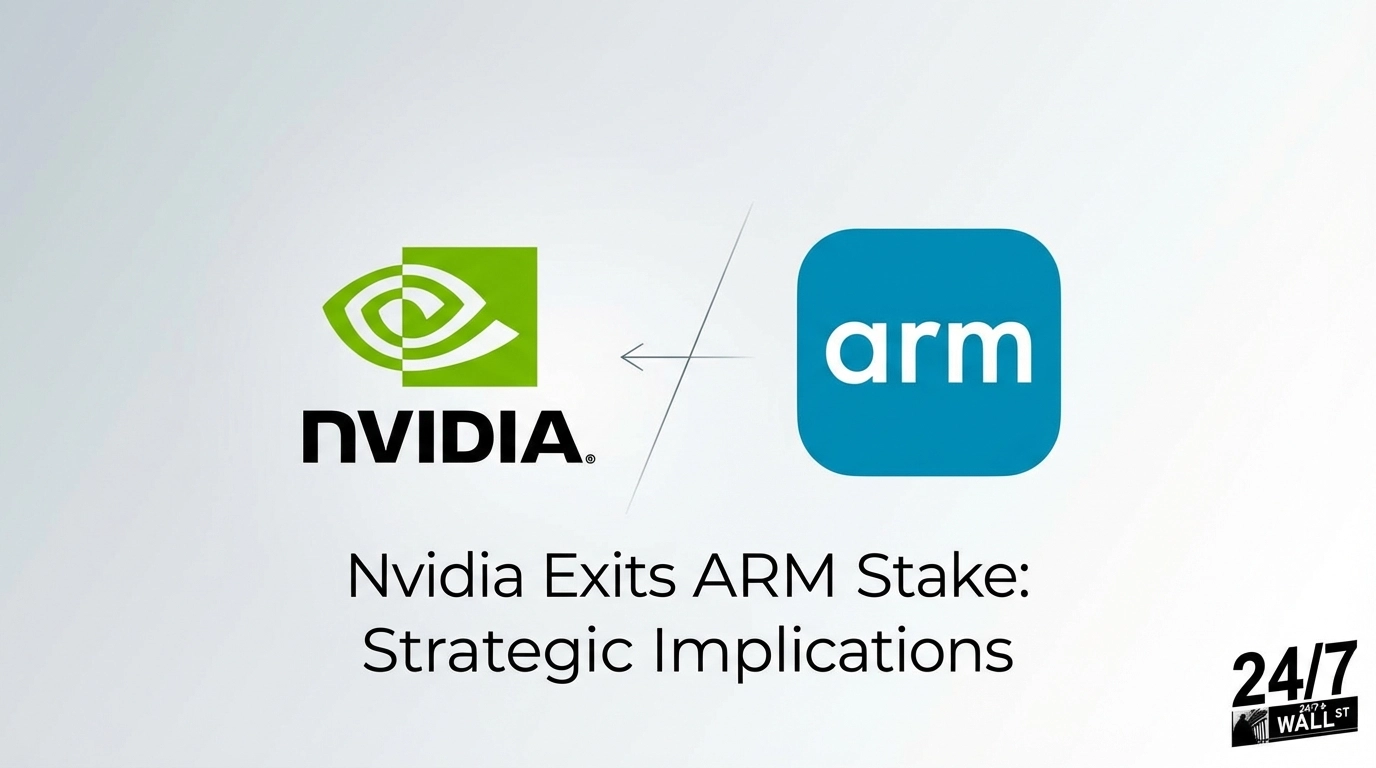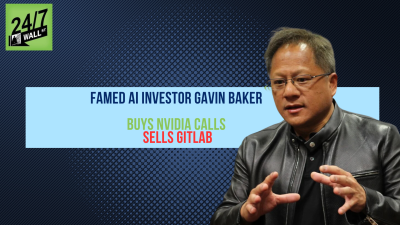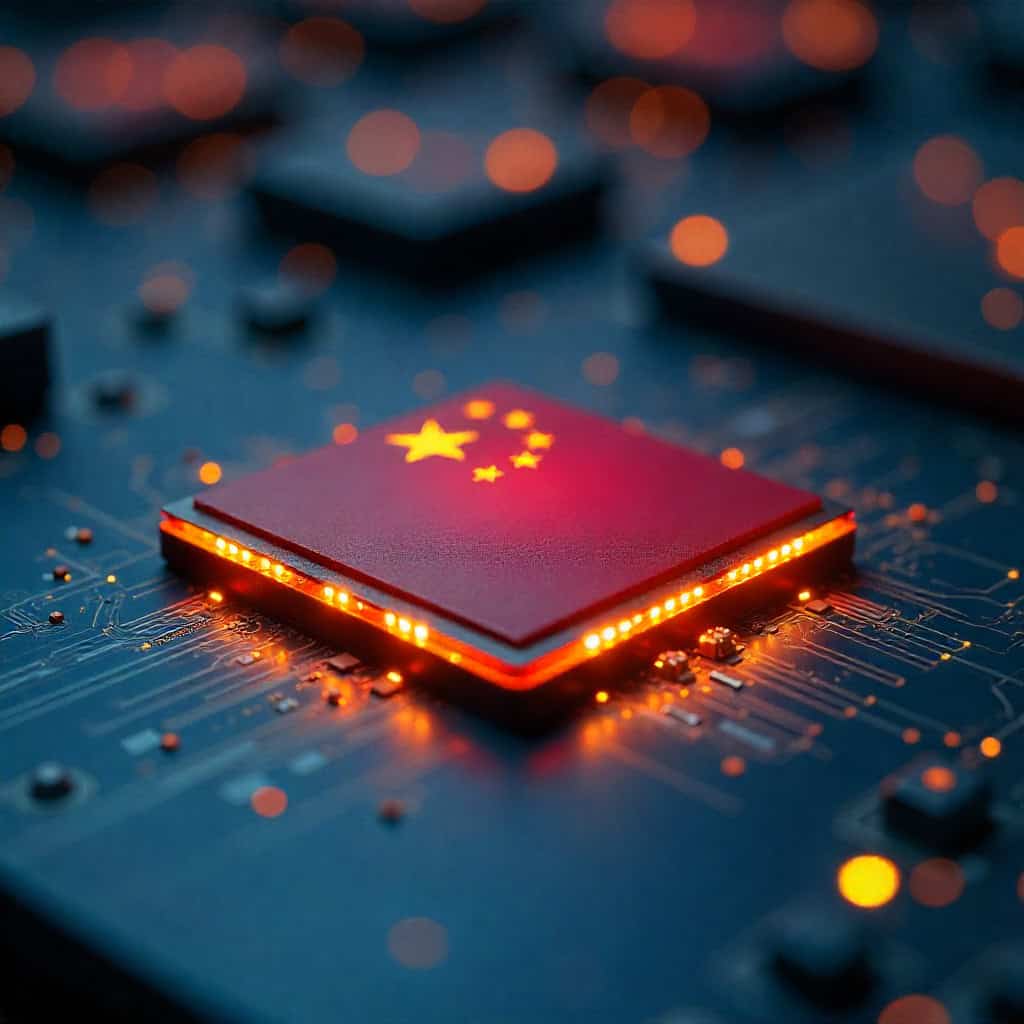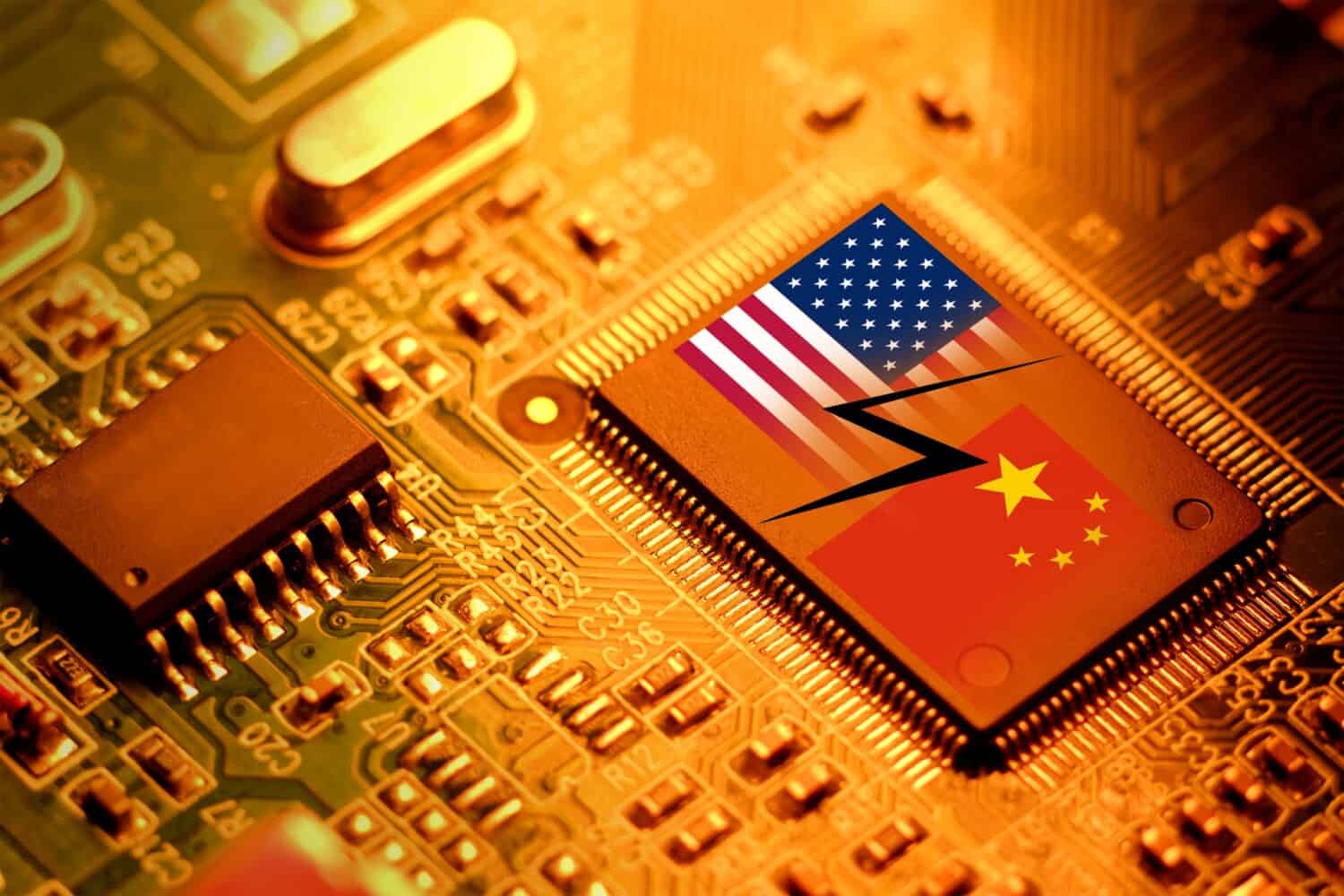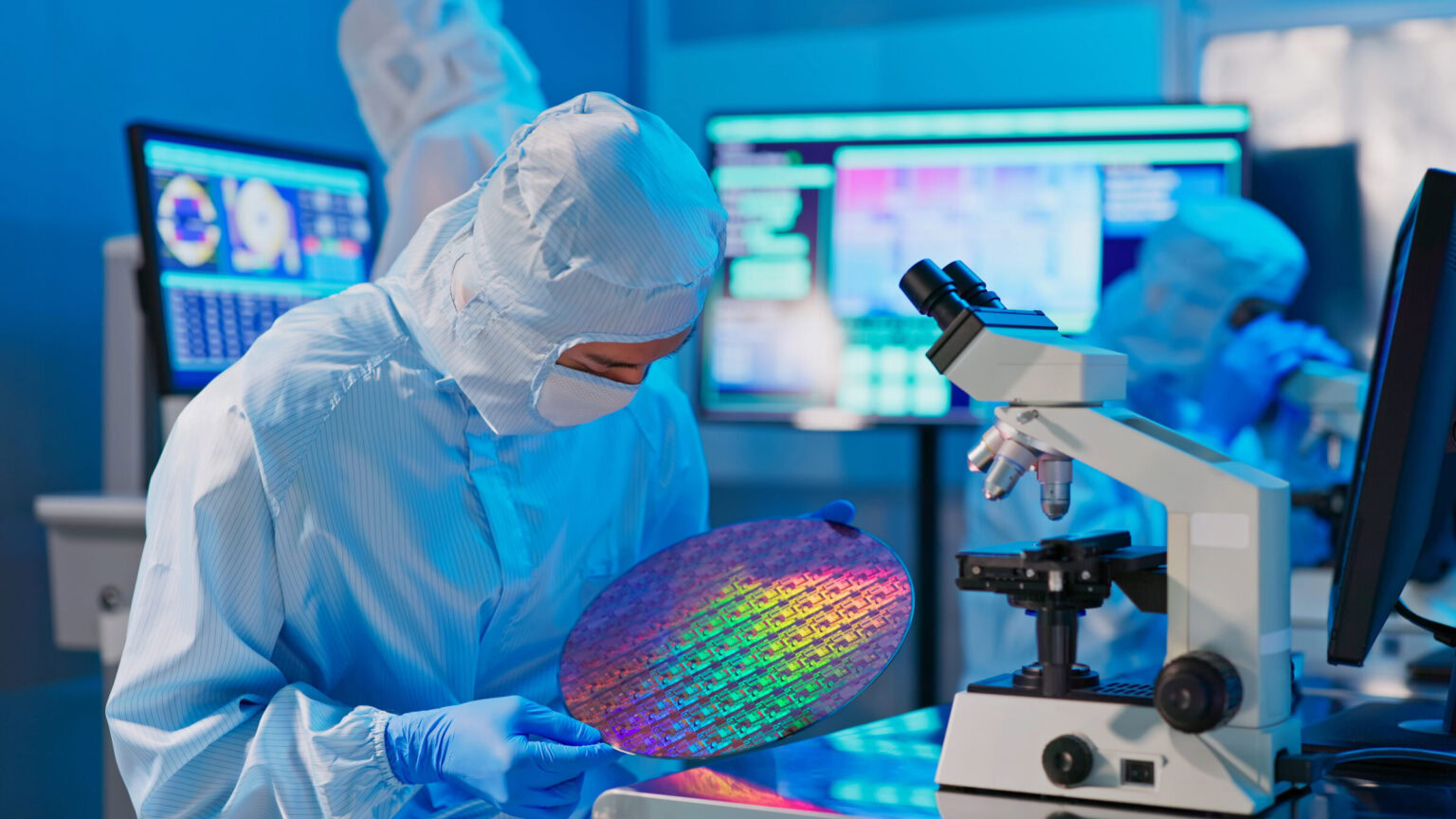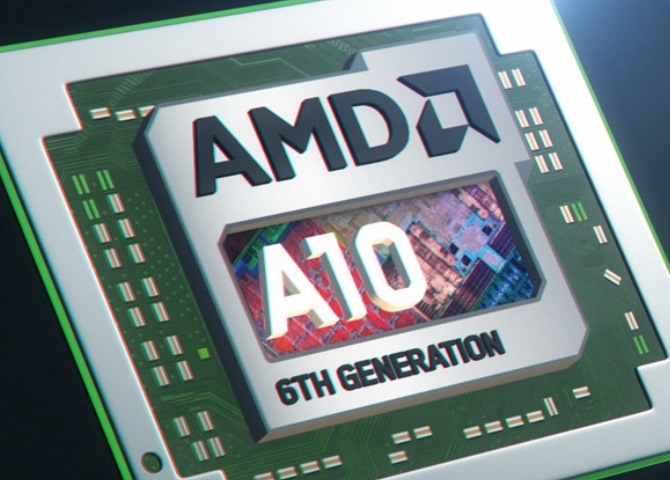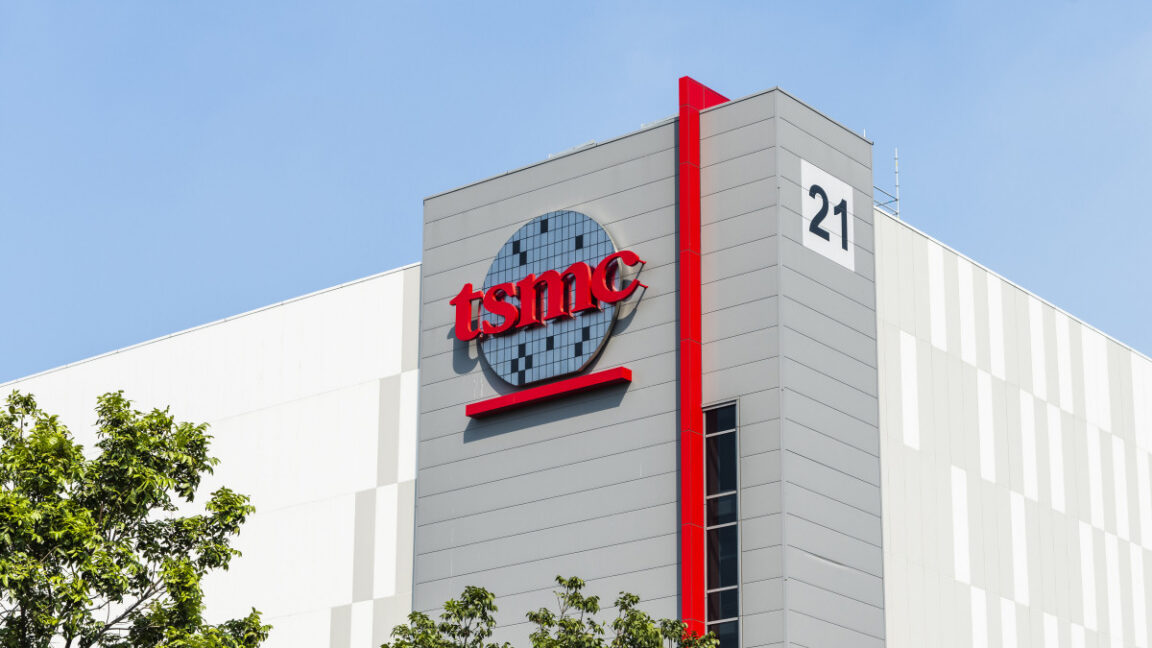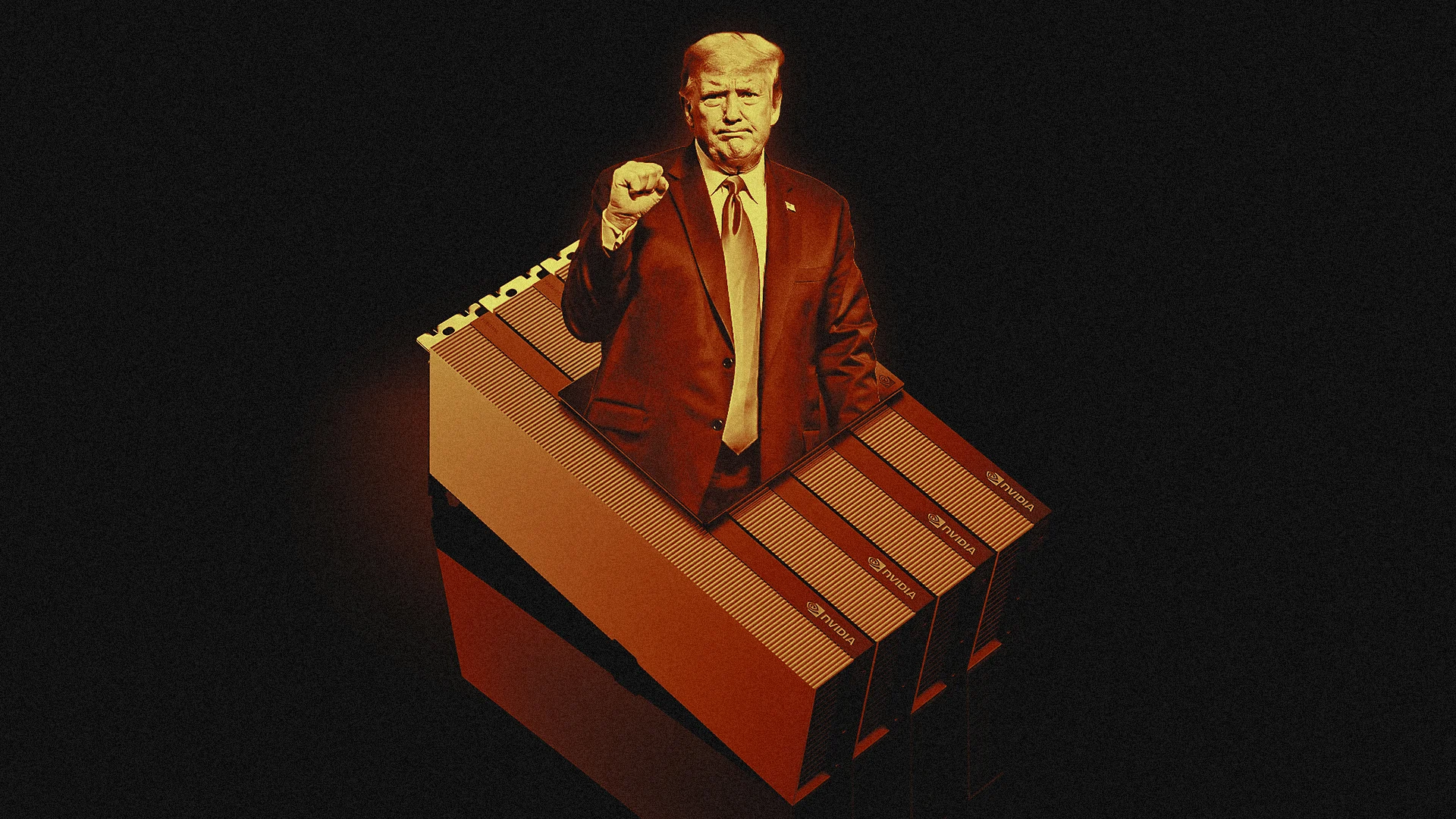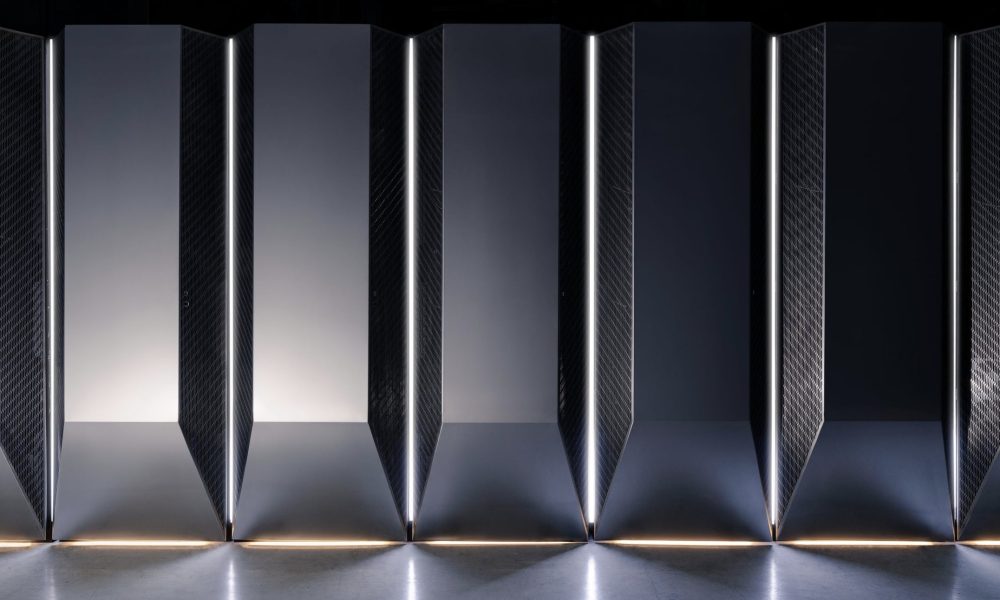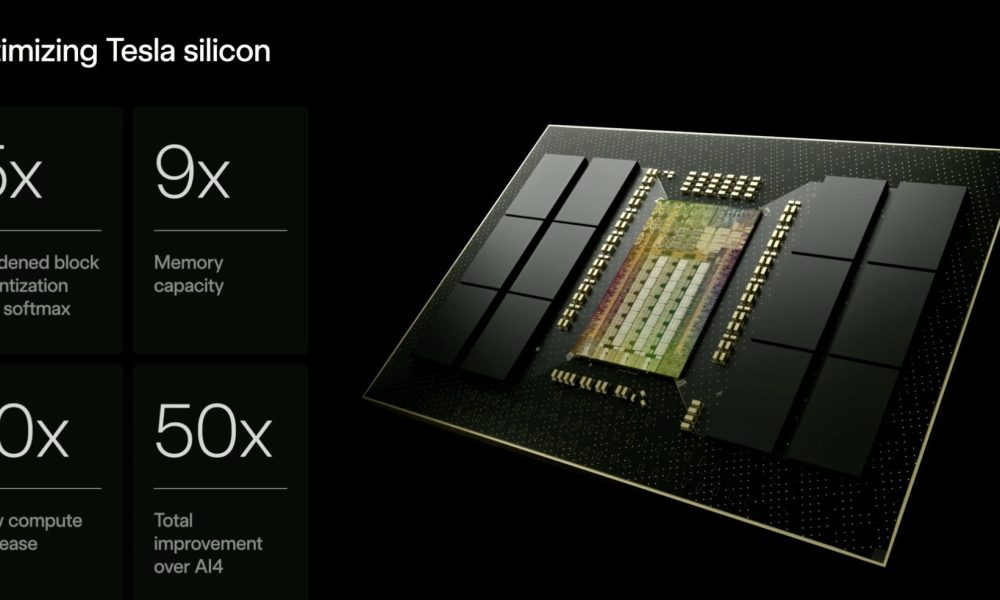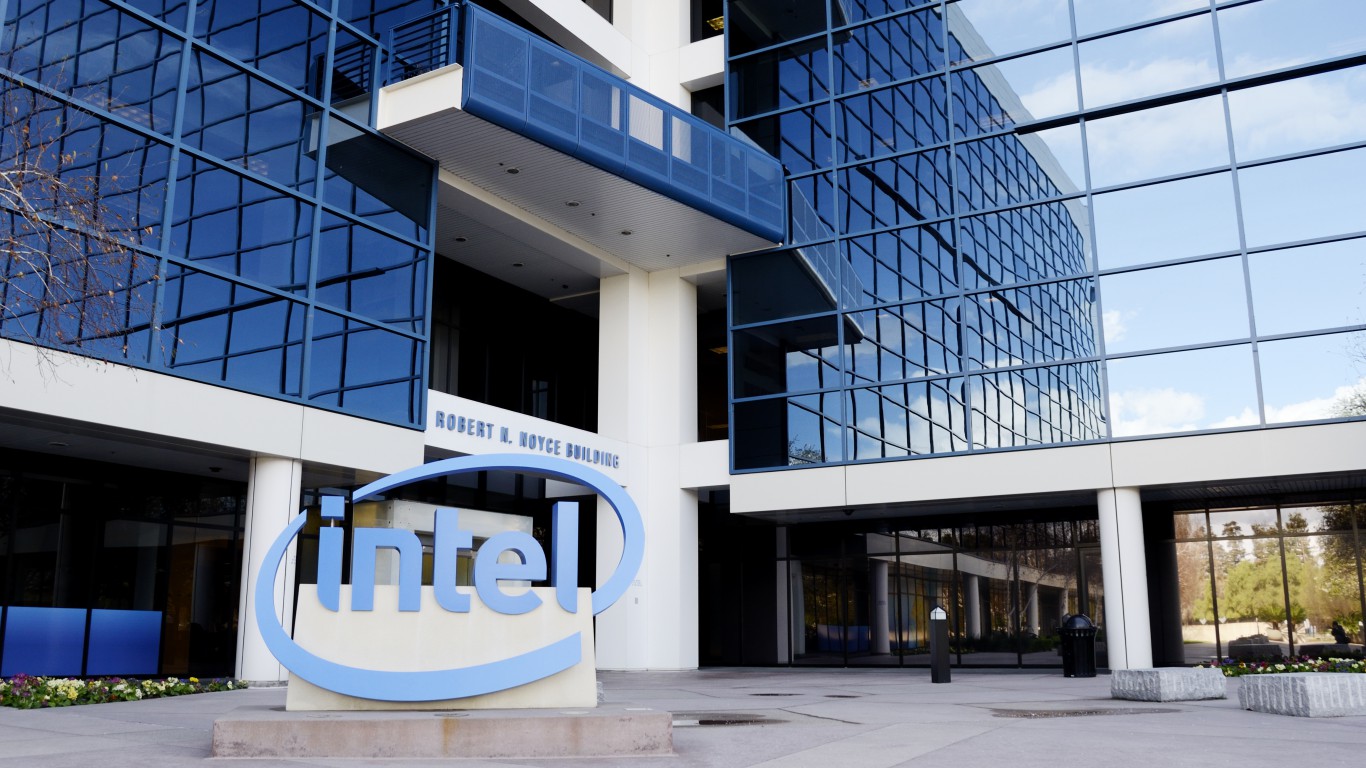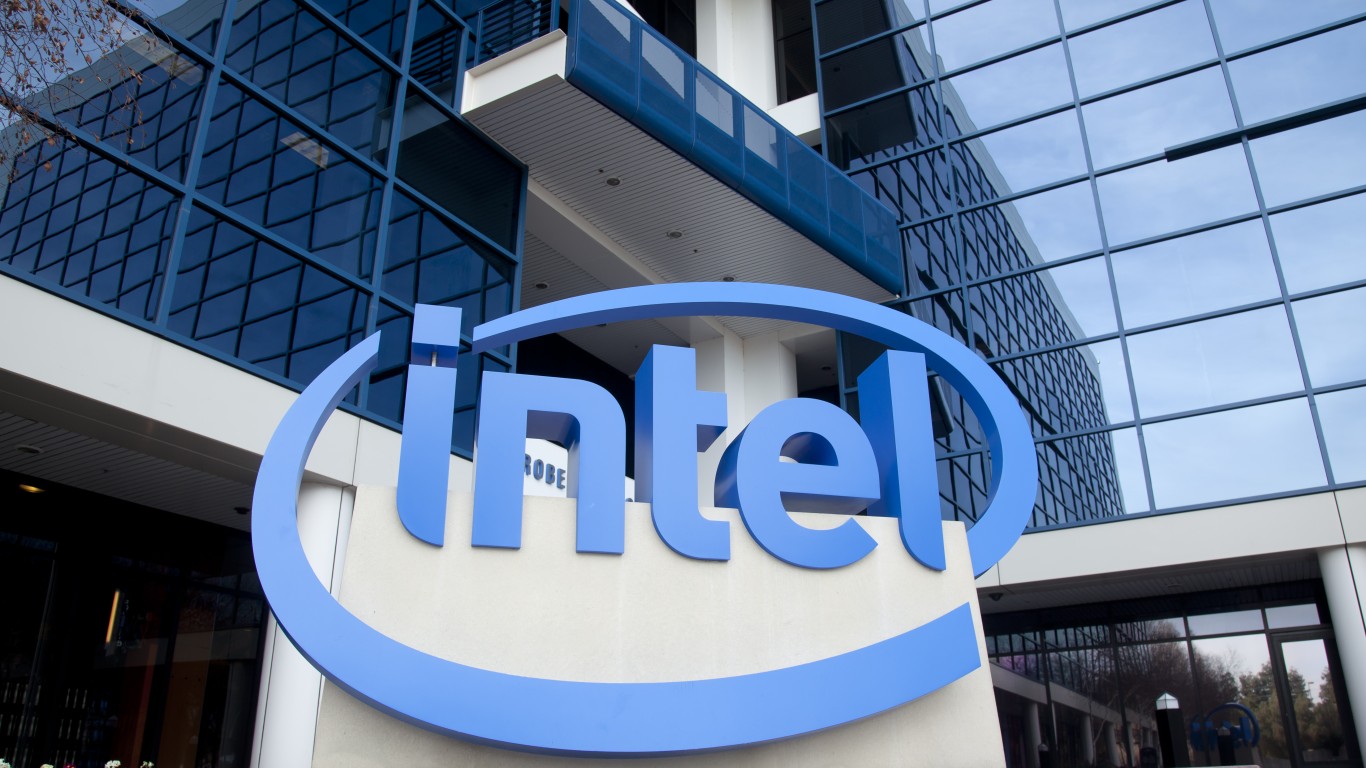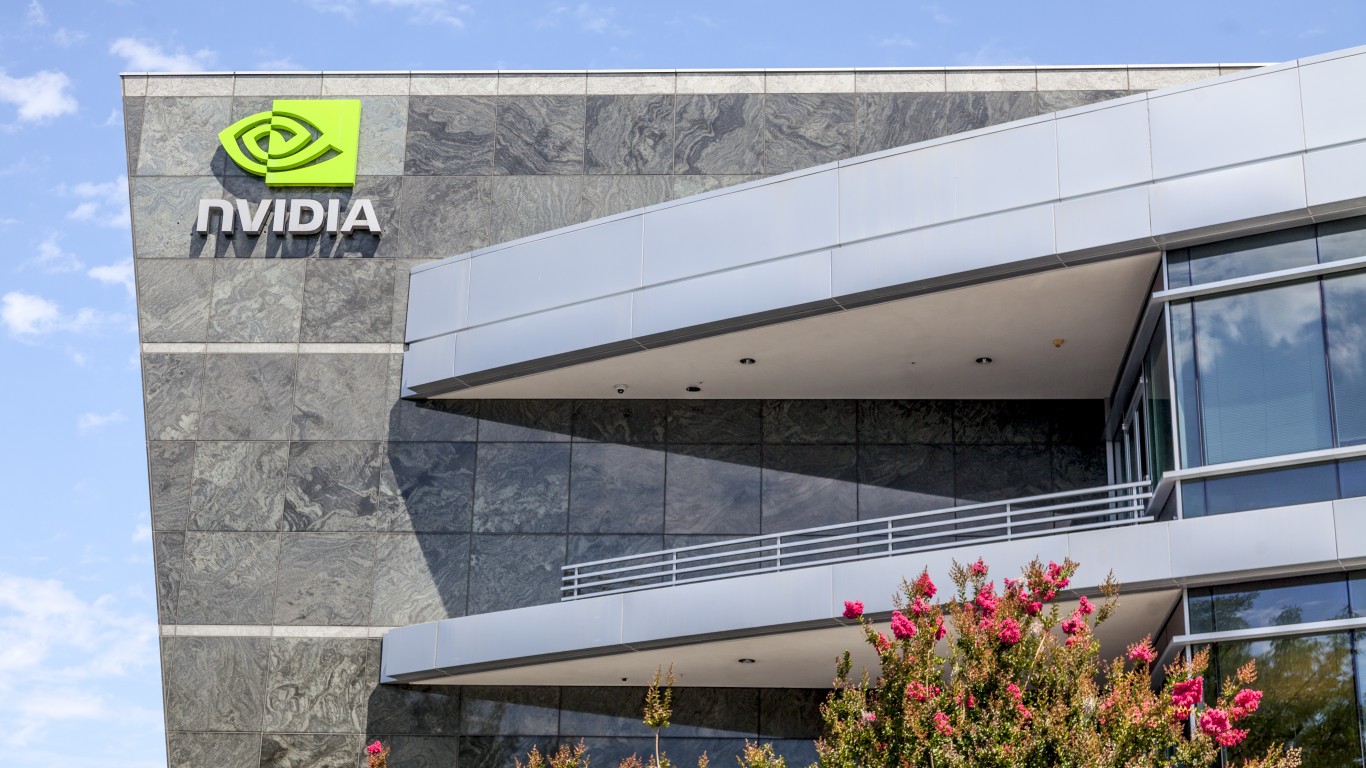#ai-chips
#ai-chips
[ follow ]
#nvidia #openai #amd #tsmc #semiconductors #groq #gpus #nvidia-competition #investment #export-controls #us-china-trade
fromComputerWeekly.com
1 week agoEU-South Korea research consortium gets to work on lowering AI chip energy use | Computer Weekly
An international research effort is mobilising to develop chips with the potential to reduce the energy consumption of artificial intelligence (AI) datacentres by using light instead of electricity to process information. The work is being pioneered by a team of scientists from Europe and South Korea, working together as the Haetae consortium, who have already received €1.49m in funding from the European Union (EU) to financially support their work.
Artificial intelligence
fromAxios
1 week agoMeta commits billions to Nvidia chips
Driving the news: Meta will buy millions of chips from Nvidia, ranging from standalone Grace CPUs to next-gen Blackwell GPUs and upcoming Vera Rubin systems, to use across its U.S. data center buildout. This makes Meta the first Big Tech firm to commit to buying standalone central processing units from Nvidia, which are used to run AI rather than train AI. This signals a shift toward inference over training, with the latter typically requiring more intense and expensive general processing units, or GPUs
US news
fromBusiness Matters
2 weeks agoFractile commits 100m UK expansion as it ramps up AI chip development
UK semiconductor start-up Fractile has announced a £100 million expansion of its British operations, scaling up in London and Bristol as ministers intensify calls for greater domestic ownership of critical artificial intelligence technology. The investment, to be deployed over the next three years, will fund a new industrial hardware engineering facility in Bristol, alongside the expansion of Fractile's existing UK sites and a significant increase in its domestic workforce. The company is focused on developing AI chips optimised for inference, the stage at which large language models generate outputs, an area of growing strategic importance as demand for real-time AI applications accelerates.
Artificial intelligence
fromenglish.elpais.com
3 weeks agoGoogle, Amazon, OpenAI and the race to find alternatives to Nvidia
And now, Nvidia is the largest suppler by a long shot of chips for artificial intelligence. Its GPUs have proven to be the best option for training and running AI models. Developers from OpenAI to Google, Anthropic, Meta and Amazon, along with a host of specialized startups, are fighting to get their hands on Nvidia chips. That high demand has made the manufacturer the most valuable company in the world.
Artificial intelligence
fromThe Atlantic
3 weeks agoTrump's Crypto Defenses Aren't Reassuring
The family solved the problem last year, The Wall Street Journal has discovered, by using the simplest solution that businesses can now employ for a policy obstacle: They seem to have made a deal with the Trump family. Sheikh Tahnoon bin Zayed Al Nahyan, a member of the Abu Dhabi royal family sometimes called the "Spy Sheikh," purchased a 49 percent share in World Liberty Financial, the Trump family's crypto firm, thus sending $187 million to Trump-family-controlled entities.
US politics
Artificial intelligence
fromTechRepublic
1 month agoDaily Tech Insider Unpacks the Week AI Became Your Intern, Concierge, and Lip-Reader
Major tech companies are aggressively integrating advanced AI into consumer products, intensifying competition across browsers, search, assistants, and chips while raising privacy and security concerns.
Artificial intelligence
fromTechCrunch
1 month agoMicrosoft announces powerful new chip for AI inference | TechCrunch
Maia 200 is a high-performance Microsoft-designed AI inference chip offering over 100 billion transistors and higher petaflop throughput to reduce inference costs and NVIDIA dependence.
fromTechzine Global
1 month agoAI focus propels MediaTek to record high
MediaTek's share price has risen sharply in a short period of time, partly due to increasing attention to the company's role in Google's AI strategy. In two trading days, the share price rose by approximately 19 percent. This brought the Taiwanese chip designer to a new record high on the Taipei stock exchange. The jump in share price follows a period of sustained optimism among investors.
Tech industry
fromTechCrunch
1 month agoAnthropic's CEO stuns Davos with Nvidia criticism | TechCrunch
"The CEOs of these companies say, 'It's the embargo on chips that's holding us back,'" Amodei said, incredulous, in response to a question about the new rules. The decision is going to come back to bite the U.S., he warned. "We are many years ahead of China in terms of our ability to make chips," he told Bloomberg's editor-in-chief, who was interviewing him. "So I think it would be a big mistake to ship these chips."
Artificial intelligence
US politics
fromBusiness Insider
1 month agoTrump places a 25% tariff on high-end computing chips, and said more duties may be coming for the semiconductor industry
A 25% tariff on certain advanced AI chips, including Nvidia H200 and AMD MI325X, aims to boost US tech manufacturing and cites national security.
fromFast Company
1 month agoCES 2026: Day 1 roundup of the coolest tech on display
CEO Jensen Huang showed off Cosmos, an AI foundation model trained on massive datasets, capable of simulating environments governed by actual physics. He also announced Alpamayo, an AI model specifically designed for autonomous driving. Huang revealed that Nvidia's next generation AI superchip platform, dubbed Vera Rubin, is in full production, and that Nvidia has a new partnership with Siemens. All of this shows Nvidia is going to fight increased competition to retain its reputation as the backbone of the AI industry.
Tech industry
Artificial intelligence
fromYanko Design - Modern Industrial Design News
2 months agoHow AI Will Be Different at CES 2026: OnDevice Processing and Actual Agentic Productivity - Yanko Design
AI is shifting from cloud-based demos to on-device infrastructure, driving new AI-optimized chips and agentic systems that act on users' behalf.
fromBusiness Insider
2 months agoChina's economic slump isn't stopping a billionaire boom in AI chips
On Wednesday, shares of MetaX Integrated Circuits Shanghai - a GPU startup founded by former AMD executives - skyrocketed as much as 755% on their first day of trading on the Shanghai Stock Exchange's tech-focused STAR Market, before closing up about 700%. The surge catapulted its chairman and cofounder, Chen Weiliang, into one of China's fastest-rising tech moguls. Chen's stake in MetaX is worth about $6.5 billion, according to the Bloomberg Billionaires Index.
Tech industry
[ Load more ]
